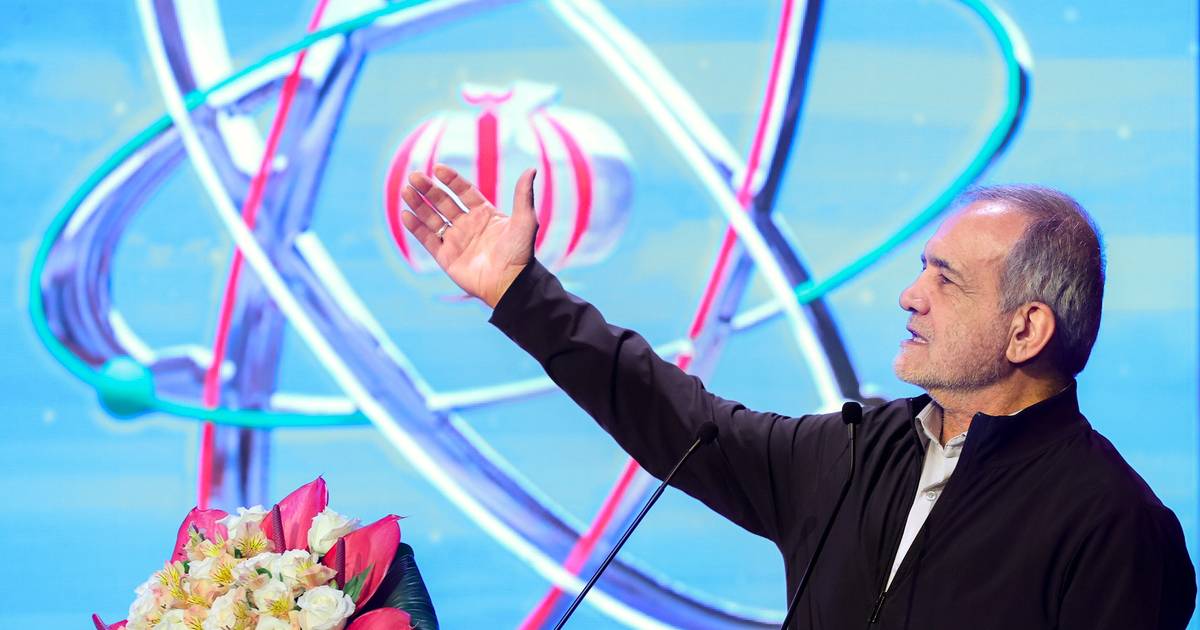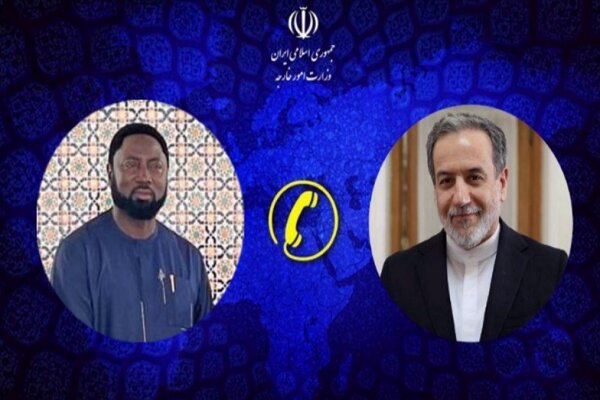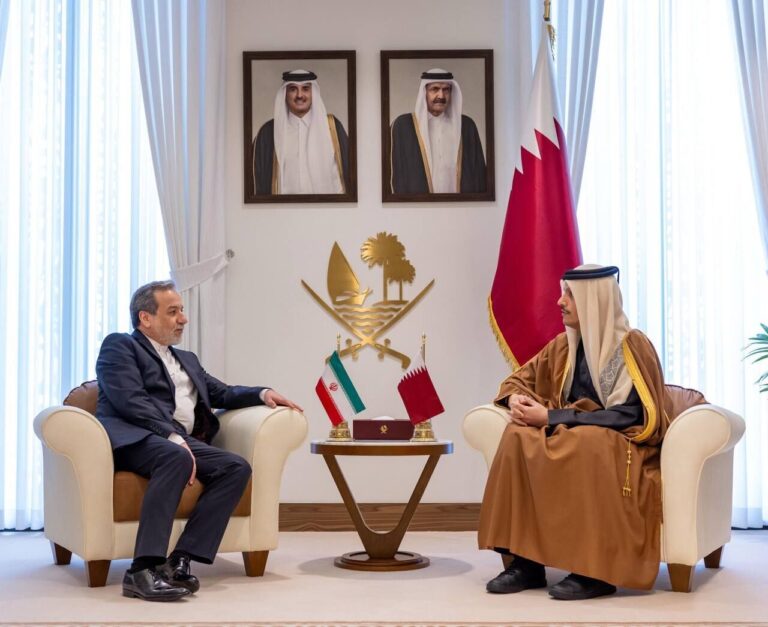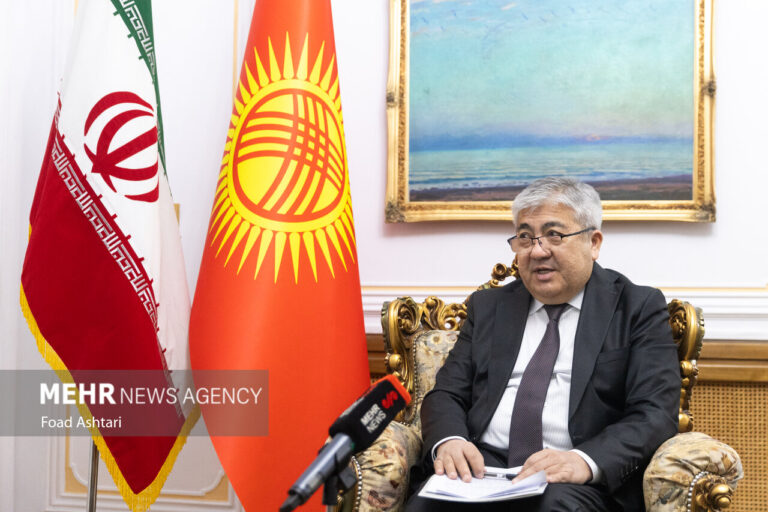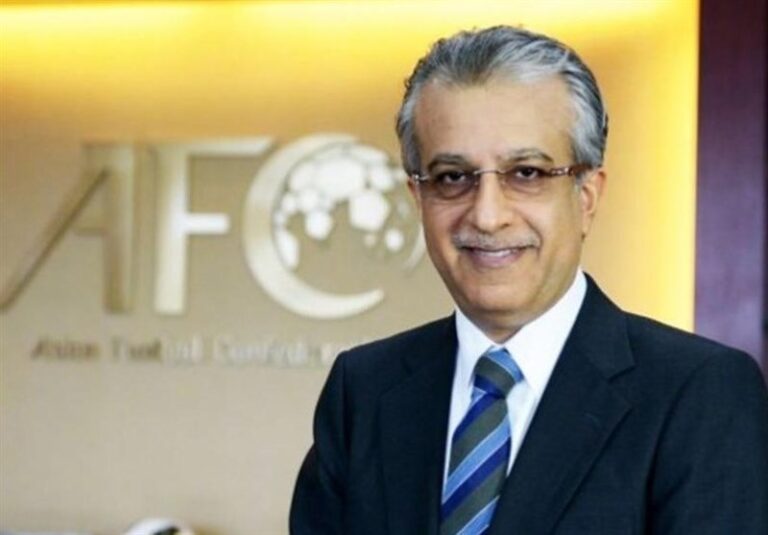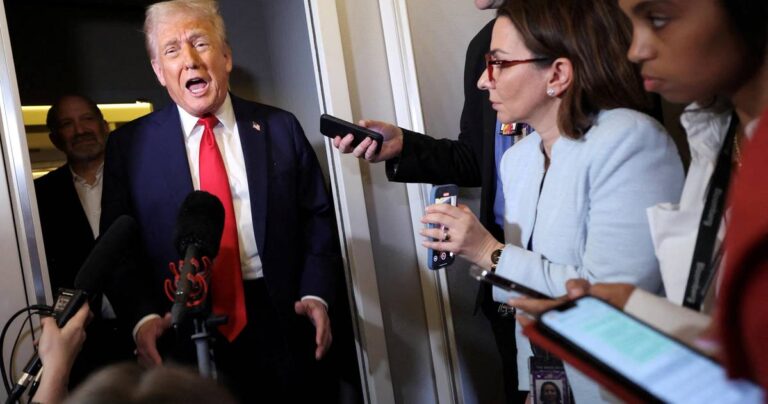Iran’s President Reveals Supreme Leader’s Conditions for US Negotiations
In a significant statement regarding Iran’s diplomatic stance, Iranian President Masoud Pezeshkian emphasized that any indirect negotiations with the United States will occur in complete alignment with Supreme Leader Ali Khamenei. He reaffirmed Iran’s commitment to its core principles, asserting that the nation will not waver from its fundamental values during these discussions.
Pezeshkian made these remarks during a meeting with lawmakers, where he stated, “These negotiations will be fully aligned with the Supreme Leader’s guidance, which will light our path.” He further assured the public that “we have not and will not tie the people’s livelihood to the outcome of the talks.” This statement highlights the Iranian leadership’s approach to maintaining national integrity while engaging in dialogue.
During the meeting, Pezeshkian articulated Iran’s desire for dialogue that avoids escalating tensions, while simultaneously asserting that there would be no compromises on what he termed national values. He declared, “We will not retreat from our principles under any circumstances,” adding, “At the same time, we are not seeking tension.” This dual commitment to principles and peaceful dialogue reflects Iran’s strategic position in international relations.
Earlier in the day, Iran’s Deputy Foreign Minister Majid Takht-Ravanchi indicated a willingness to consider temporary restrictions on uranium enrichment. However, he specified that no detailed agreement has been finalized. He made these comments following the fourth round of indirect negotiations with the United States held in Oman, stating that the discussions have yet to delve into the specifics of enrichment levels.
The ongoing talks have been characterized by both sides as challenging yet constructive. They represent the highest-level interactions between Tehran and Washington since the United States withdrew from the 2015 nuclear deal in 2018 under the previous Trump administration. This withdrawal significantly impacted diplomatic relations and nuclear negotiations.
Since the US’s exit from the nuclear agreement, Iran has escalated its uranium enrichment activities to 60% purity, far exceeding the deal’s stipulated cap of 3.67%, though still below weapons-grade levels, as reported by the UN nuclear watchdog. The Iranian leadership maintains that the right to enrich uranium is non-negotiable, a stance that has become a focal point in the negotiations.
Key points from the recent developments in Iranian-U.S. relations include:
- Pezeshkian’s Coordination with Khamenei: All negotiations will be conducted under the Supreme Leader’s guidance.
- No Compromise on National Values: Iran will uphold its core principles in discussions.
- Openness to Temporary Restrictions: Iran is willing to consider temporary limits on uranium enrichment.
- Ongoing Challenges: The negotiations have been described as difficult but constructive.
- Increased Enrichment Levels: Iran has raised enrichment to 60%, above the previous agreement’s limits.
- US Sanctions: Despite diplomatic efforts, the US continues to impose sanctions on Iran’s nuclear and energy sectors.
Iran’s atomic energy chief, Mohammad Eslami, also weighed in on the situation, asserting that the nuclear program is a cornerstone of national strength and is not open for negotiation. This statement underscores the Iranian leadership’s resolve to maintain their nuclear capabilities despite external pressures.
Western powers, particularly the United States, have accused Iran of pursuing nuclear weapons, a claim that Tehran vehemently denies. The ongoing diplomatic engagement, however, has been overshadowed by the persistent expansion of US sanctions targeting Iran’s nuclear and energy sectors, complicating the already tense relationship between the two nations.
As the situation evolves, the international community watches closely, hoping for a resolution that respects Iran’s sovereignty while addressing global concerns about nuclear proliferation. The outcome of these indirect negotiations could have significant implications not only for Iran and the United States but also for regional stability and international relations.
In conclusion, the path forward remains fraught with challenges, but the Iranian leadership’s commitment to their core principles and the pursuit of dialogue without escalation may pave the way for future negotiations. The coming weeks will be critical as both sides navigate the complexities of their relationship amidst ongoing geopolitical tensions.
